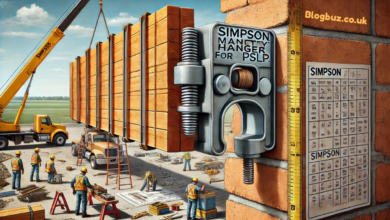Smart Ways to Finance Home Improvements Without Overspending

Home improvements allow you to upgrade your living space while adding value to your home, which can make them an excellent investment. Home improvement projects can also be expensive, though, which is why it is important when it comes to budgeting and funding the improvements. This post will suggest smart ways to finance home improvements without overspending.
Planning Your Home Renovation Budget Wisely
Home improvement projects often involve maybe different costs, which means that these can add up and often spiral out of control without a budget in place. This is why you need to estimate your costs by researching your options for materials, labour, and other costs and set yourself a realistic budget. Be sure to include a buffer of at least 10% to cover unexpected costs, as these are common.
Exploring Different Ways to Fund Home Improvements
There are a few different ways to fund your home improvement projects. These include:
Personal savings: The least expensive option as you will not have to pay interest, but you will have to come up with the money upfront.
Personal loans: Personal loans can provide a quick and easy way to get your hands on large sums to cover the costs, but you will have to pay interest on repayments.
Home equity: If you are a homeowner 55+, you may be able to free up some of the value tied up in your property to fund the improvements in the form of equity release.
Using Property as Security for Larger Renovations
For larger renovation projects, the above options may not suit. In these situations, you can use secured loans as a way to receive funding for your home improvement project. This involves using your home as collateral, which significantly reduces risk for lenders and allows them to offer large loans often up to £100,000, with repayment terms ranging from 3 to 20 years.
Avoiding Common Financial Pitfalls in Home Upgrades
To avoid common financial pitfalls in home improvement projects, you should stick to your budget, prepare for unforeseen expenses, and compare your options with each expense. Crucially, do not try to save money by opting for the cheapest choice. Quality is key when it comes to home improvement, so be sure to choose high-quality materials and experienced contractors, otherwise you could end up paying twice and/or end up with an inferior end product.
Home improvement projects are a great way to elevate your living space and add value to your home, but it is vital that you take your time to consider the financial implications and identify the best way to finance the project.




